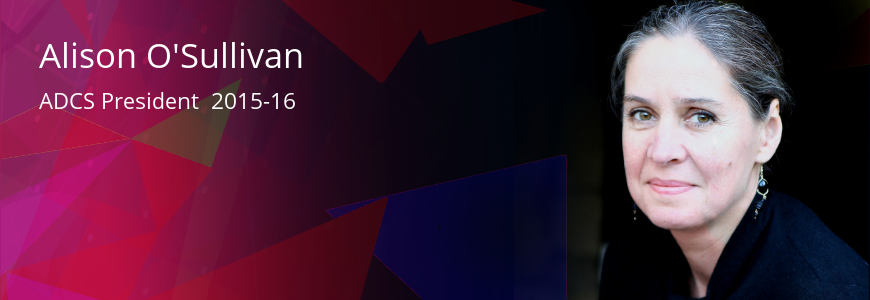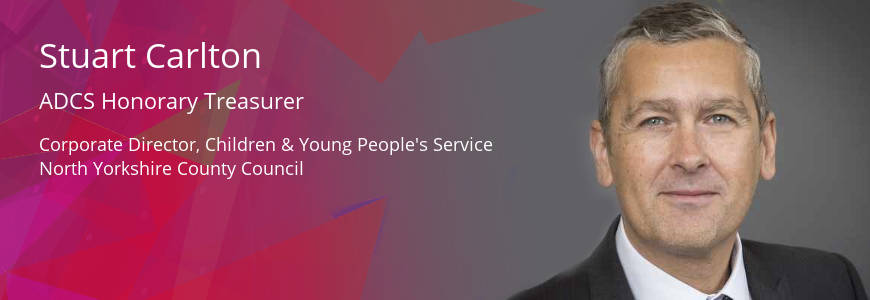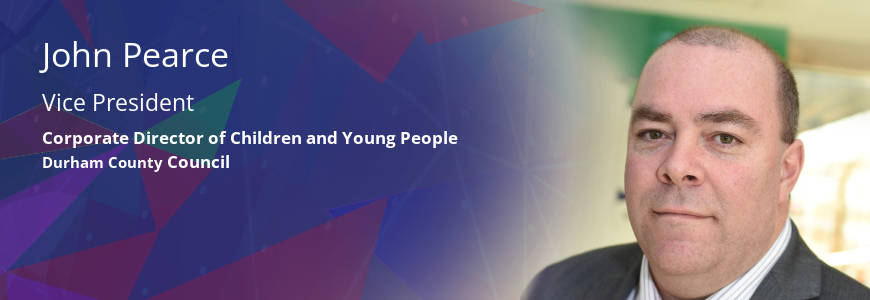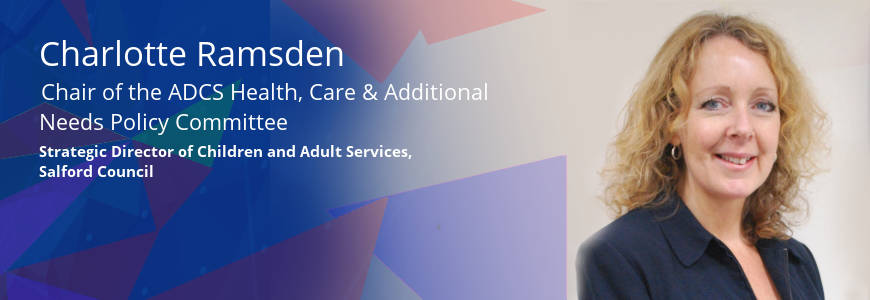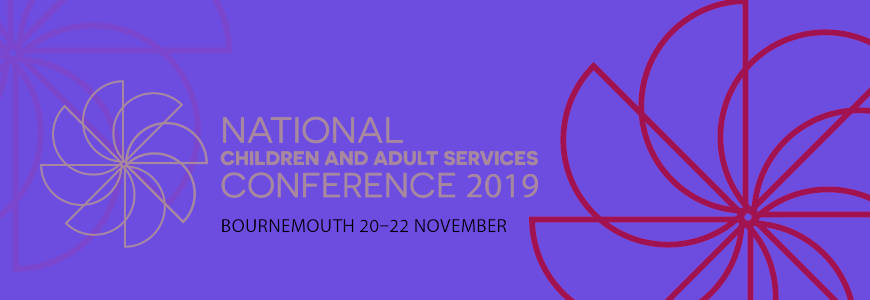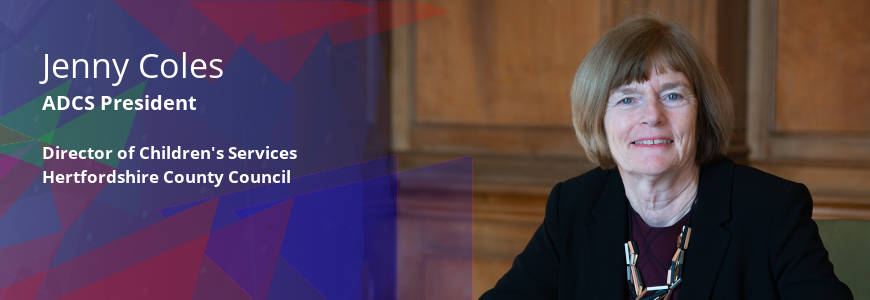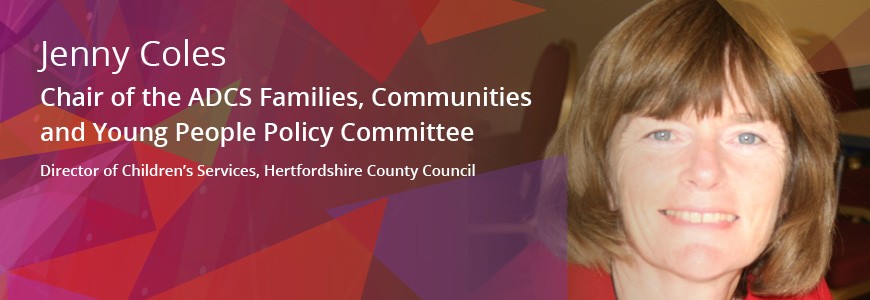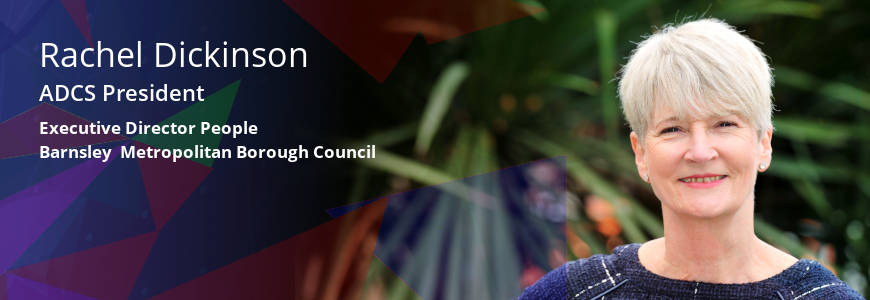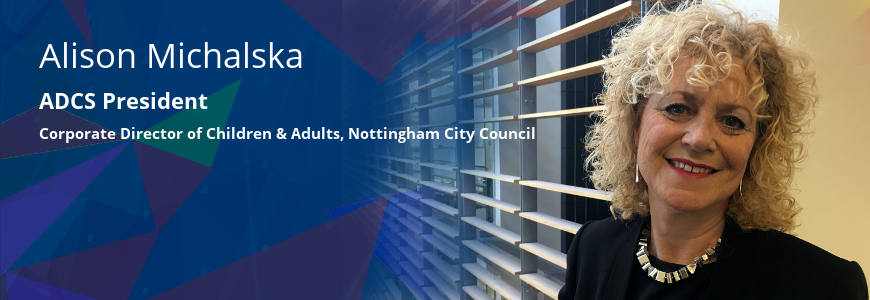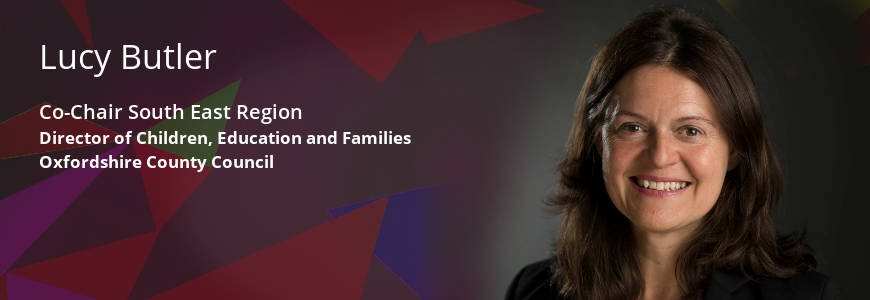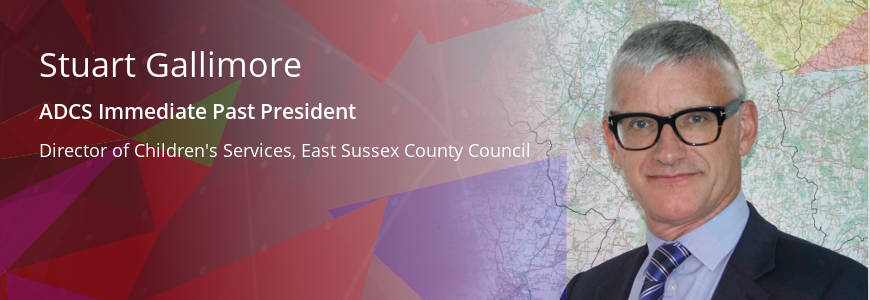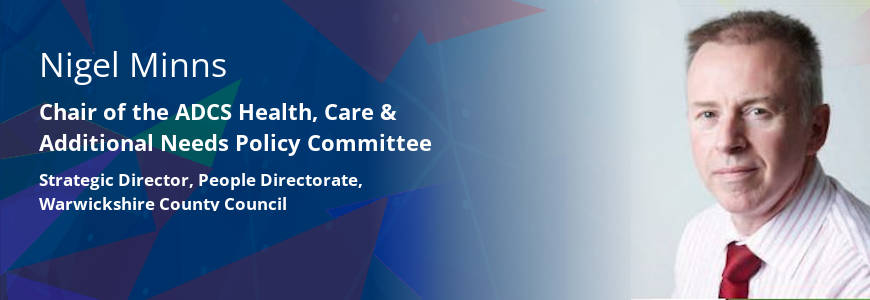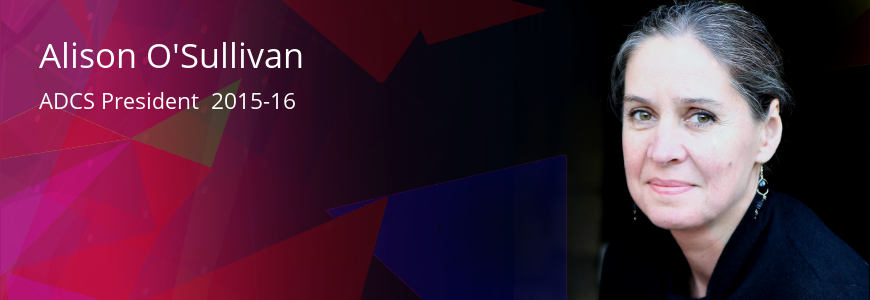World Mental Health Day
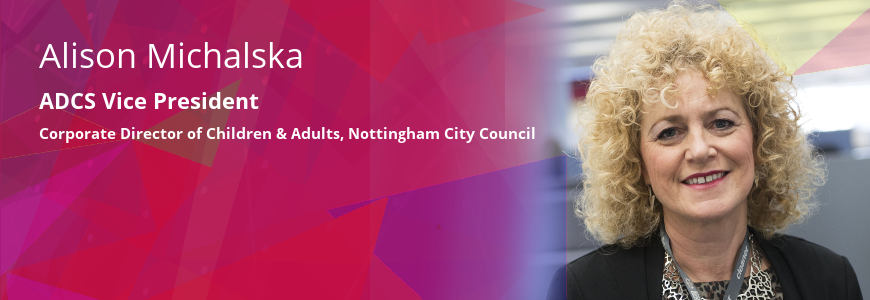
Anyone who works in the public sector will understand change. Like it or loathe it, change is a part of our daily lives: as professionals we work constantly to stay up to date with the latest developments and best practice as our communities and neighbourhoods shift and grow.
In my world of children and young people, there are some things that never change: the need for regular exercise, a healthy diet and good school attendance. But in other ways, our work has changed beyond recognition.
Who would have believed that 23 years after the first World Mental Health Day was launched in October 1992 that one of our key concerns for young people’s emotional wellbeing would be connected to something called the ‘world-wide web’? And that cyber-bullying, global body image obsession and an almost 24-hour, round-the-clock social media existence would leave our young people stressed, anxious and emotionally exhausted?
Sadly some areas of mental health are timeless – the impact of poverty, deprivation and domestic abuse on our children and young people are always with us.
But one thing is clear: the demand for services to help and support vulnerable children and young people has never been higher.
In Nottingham, when we mark this year’s World Mental Health Day on 10 October, I will be reflecting on the challenges of this shifting emotional landscape. I’m equally proud of the way our city has responded to this, through a series of important partnerships.
We’ve teamed up with Nottinghamshire Healthcare NHS Trust and the Child and Adolescent Mental Health Services (CAMHS) to make sure that young people can get help from a team of specialists, as well access to dietetics, clinical psychologists, medical teams, specialist nursing, activity groups, and advocates.
This year, we have also launched a Behaviour, Emotional and Mental Health Pathway with our partners in NHS commissioning. The pathway for children and young people draws together the work of current services and professionals from across Nottingham, such as health, social care, education, youth and play, and voluntary orgaisations. It helps us to deliver a seamless service that promotes positive outcomes for children and young people. The pathway does not replace current mental health services, but works alongside them to ensure children and young people receive the most appropriate support at the earliest opportunity. If more specialist assessment or support is needed, the pathway aims to make sure this is carried out by the most appropriate service.
Another partnership is our work with our City’s secondary schools to offer the Time 4 Me counselling service – and we are also supporting Notts County Football Club in its Goals For Life programme, which is a football-based, mental health project aimed at 10 to 14 year old boys who have mental, emotional and behavioural disorders such as ADHD. This is run in partnership with CAMHS.
A final partnership success is our Self Harm Awareness and Resource Project (SHARP) which raises awareness, builds confidence and skills, and provides support to manage young people who present with self-harm and suicidal behaviours.
All of this work is underpinned by the government’s Future in Mind strategy, which aims to promote, protect and improve our children and young people’s mental health and wellbeing by 2020. The report sets out how much can be achieved through better partnership working between the NHS, local authorities, voluntary and community organisations, schools and other local services. And this has certainly been our experience in Nottingham. Whatever changes we face today, tomorrow, or over the next five years, working in partnership will allow us to better meet the emotional needs of our young people.
Related Blog Articles
It can be difficult for children’s issues to get the air time they fully...
In Health
Recently I met with Ian Dickson - a retired social worker, Ofsted inspector,...
In Care
In preparation for writing this blog I looked back to my last one in July which...
In General
Having recently become Chair of the Health, Care &Additional Needs (HCAN) Policy...
In SEN & Disability
The National Children and Adult Services Conference 2019 opened on Wednesday 20...
In General
ADCS recently published a discussion paper Building a country that works for all...
In General
Highlighting the impact of neglect on young people is clearly presented in...
In Safeguarding & Child Protection
Even more concerning is the lack of join-up nationally where responsibility for...
In General
Last week I had the great privilege of delivering my inaugural speech as ADCS...
In General
On 22 May I joined many other people in watching a Panorama programme exposing...
In General
Every child deserves a happy, safe childhood and has a right to the best...
In General
Having spent an enjoyable and thoughtful few days at the NCASC conference in...
In Health
Last week I chaired a meeting of the Children's Inter-agency Advisory Group...
In Health
Justin Russell is the Director General for Families Group and is responsible for...

